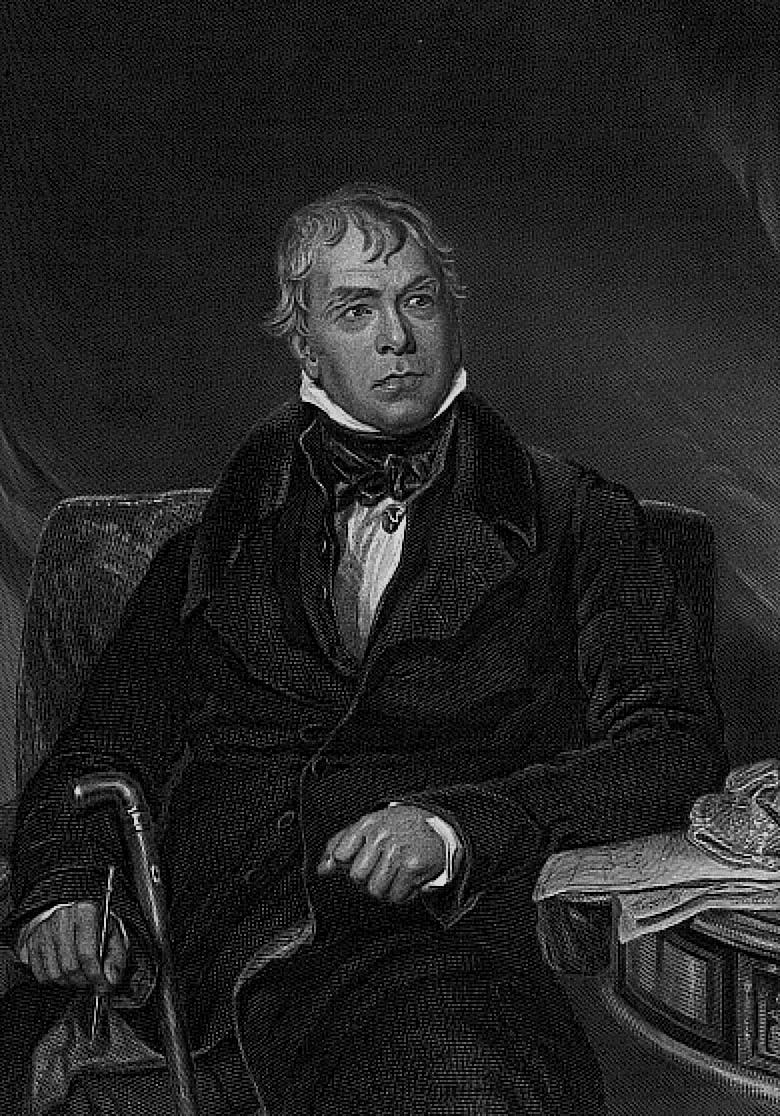
Continuing my fairly random commentary on Russell Kirk’s The Conservative Mind:
Good will is not enough to safeguard freedom and justice: this delusion leads to the triumph of every demagogue and tyrant, and no amount of transplanted Idealism can compensate for the loss of religious sanctions. Men’s passions are held in check only by the punishments of divine wrath and the tender affections of piety.
This passage from Kirk’s chapter on Orestes Brownson is part of one of many discussions where the place of Christianity – or at least religion in general – is considered. Although most of the notable conservatives in the book are heterodox in some sense, and some are even agnostics or atheists, the importance of religion as such looms large. One exception is Roman Catholicism – several of the great conservatives are Catholics, or at least high Anglicans.
Catholics come off pretty well in this book – which annoys me a bit, of course. Still, I can’t deny that the Reformation was a liberalizing force (heck, I’m proud of it. See my post last night). Luther didn’t abolish the hierarchy of the church (check out the organizations of most Lutheran churches worldwide), but he affirmed the principle that there’s a direct line between the believer and Christ, absent the mediation of the priest. In the context of history, this was a step toward individualism and what Kirk calls “atomization” – mankind conceived as a mass of unconnected individuals, all free-floating clients of the state, undistinguished by family, status, or personal qualities.
It’s interesting for an evangelical to observe that evangelicals are newbies to the conservative movement. Again, this is something I already knew – evangelicals were Abolitionists and the Prohibitionists, trying to re-shape the world through legislation, to change mankind through enlightened government force.
But there were dangers in that approach, as we can see now. The reformer who wants to save the world from slavery and Demon Rum, goes on to try to save it from guns and cigarettes and fossil fuels and transphobia.
And yet I don’t believe in a purely libertarian approach either. I think the government has a role to play in legislating morality – all laws, after all, legislate morality to one extent or another.
I’m thinking it over.





